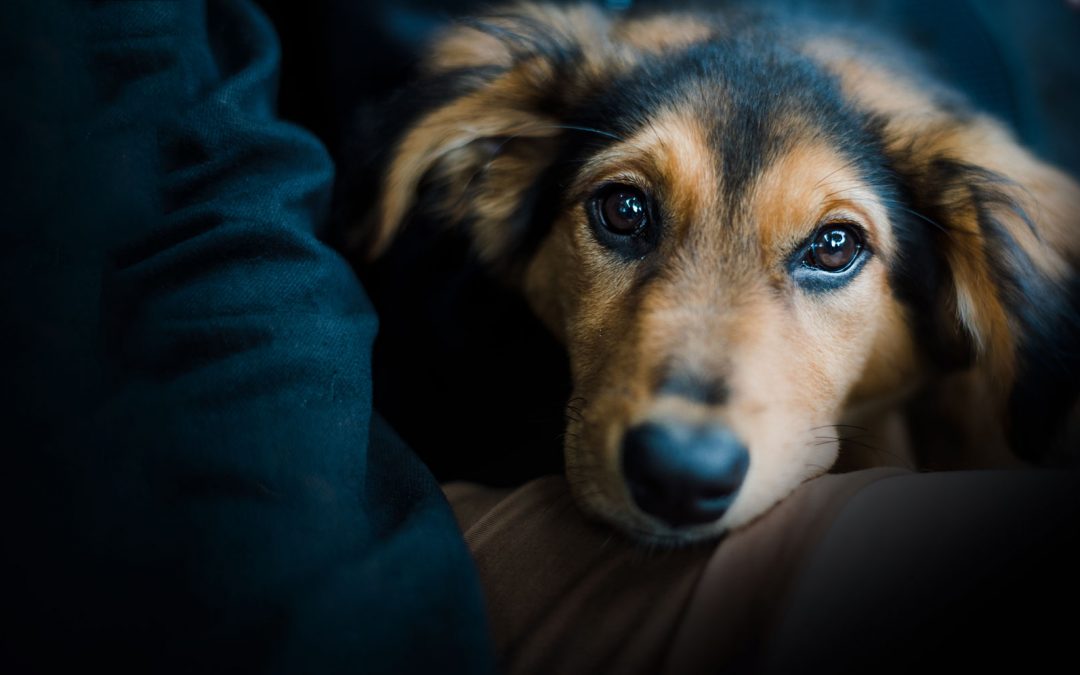Antifreeze is commonly used in engines as a coolant, and the active ingredient is sweet tasting. Pets (especially dogs) are quite happy to drink it.
For the most part, people are probably very careful about handling this very toxic material. But there may be vehicles that are leaking, or it’s possible that someone has inadvertently discarded the liquid in an unsafe manner.
The active (and toxic) ingredient in antifreeze is ethylene glycol. Ethylene glycol poisoning starts off looking much like alcohol intoxication. This begins around 1-2 hours after ingestion. Sometimes there is nausea and vomiting, and there may be staggering and incoordination (looking like drunkenness). Over the next 12 to 24 hours, the toxin can cause kidney failure. When the kidneys are harmed, the pet will stop eating, become nauseous, depressed and feel very sick.
Anyone who believes their pet may have ingested antifreeze should get to a veterinarian as soon as possible, in order to receive treatment. There is an antidote that can be given to prevent the kidney damage from happening, but it needs to be given in the first few hours. Once kidney damage has occurred, the prognosis is poorer.
Please make sure that your car is not leaking antifreeze and that if you are handling this fluid, you are disposing of it properly and doing so without any possible exposure to pets or children. Or better yet, consider a safer version of antifreeze for your vehicle. Ask about this product at your local hardware store.


Recent Comments